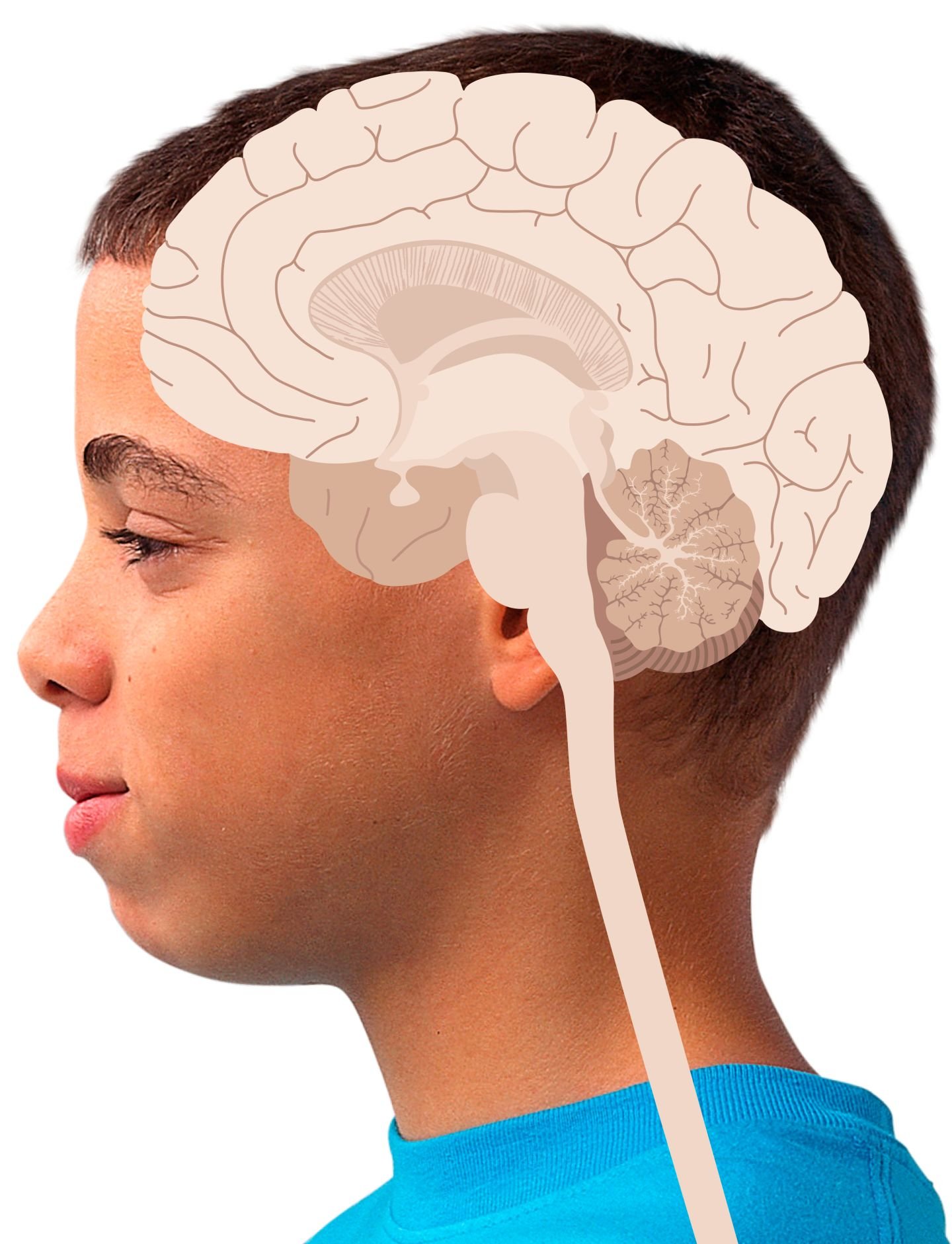At the Fraunhofer Institute for Reliability and Microintegration in Berlin, Germany researchers are working on a sensor and software package that would help people developing dementia to slow down the disease progression and improve their and their families’ quality of life. The system, that has already been tried on patients, revolves around a wristband that measures the patient’s vital signs, environmental data, and physical activity. The data is combined with information from the family and the patient’s healthcare team to provide ongoing guidance, warn of disease progression, and help the patient with day-to-day activities.
The wristband measures the heart rate, heart rate variability, body temperature, electrical skin resistance that indicates sweating, the surrounding temperature, brightness and noise levels, as well as wrist movement. It’s essentially a turbocharged Fitbit.
“The goal is to discreetly accompany patients over the course of years, from the first tentative diagnosis through to clinical treatment, to put up-to-date information at their fingertips, increase patient autonomy and give them the opportunity to stay in their familiar environment for as long as possible,” in a published statement commented Erik Jung, a physicist on the project.

Discover The World's MOST COMPREHENSIVE Mental Health Assessment Platform
Efficiently assess your patients for 80+ possible conditions with a single dynamic, intuitive mental health assessment. As low as $12 per patient per year.
The device also has Bluetooth connectivity to relay the data to the caretakers and physicians, as well as a NFC (near-field communication) antenna to be able to automatically trigger electronic doors, drug dispensers, and such.

